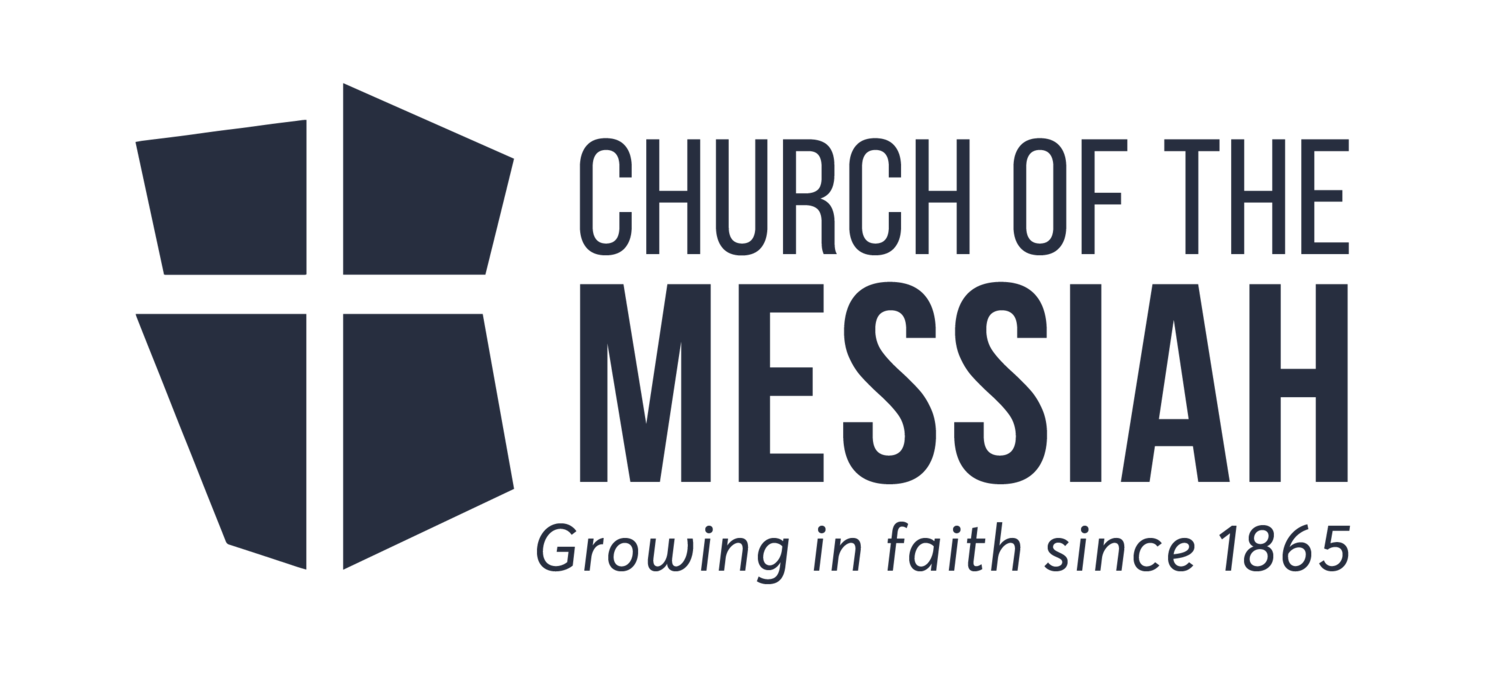READING THE BOOK OF REVELATION
Dear friends,
I am doing four online devotionals a week. My plan is to go through the Book of Revelation cover-to-cover. It turns out quite a few pastors are also going through Revelation, either as devotionals or sermons. I want to encourage you to read Revelation for yourself. So, some pointers.
First, Eschatology is the field of Biblical study where you look at all of the Bible and then try to put in order what the Bible says about the Last Things – the end of the world and the coming of the New Heaven and Earth. There are many Biblical “ologies”. Soteriology looks at all of the Bible to systematize biblical teaching on salvation. Ecclesiology looks at all of the Bible to systematize biblical teaching on the church. I will not describe all of the “ologies”, just point out that they are important and helpful in understanding the Christian faith.
I mention eschatology because it is important to be able to understand how most people who study, read, preach and teach on the Book of Revelation approach their task. What most people do is have an extended enquiry and explanation of Biblical eschatology, filtering everything in the Book of Revelation into and through their understanding of eschatology. This is an observation, not a criticism. But the point of my observation is that this explains why so many people don’t feel able to read the Book of Revelation. Just the thought of connecting an ornate eschatology to Revelation makes you feel at best tired, and at worst, defeated.
But there is another valid way to read Revelation. Read it as a book, from cover to cover, and try to understand it as a book. This by the way is the approach I am taking in my devotionals. When you read the book, with a beginning, middle, and end, you will see that it talks about many, many different things – the nature of revelation, the nature of the church, salvation, who Jesus is – I could on. My point is that Revelation does talk about eschatological matters, but it also talks about much more. So read it, in a sense, “for itself”.
Second, Revelation is still weird, but its weirdness becomes more enjoyable if you relax and let it teach you on its own terms. There are angels and beasts and lampstands and prophets, stars that are angels, living beasts – the book is very fantastical. Some of us like poetry, others like philosophy, biography, history, parable or law. The Bible is written “for all sorts and conditions of men.” The Book of Revelation appeals to people who like fantasy and symbol. God has so caused the Bible to be written that some parts will speak more powerfully to some, and other parts more powerfully to others. So, yes, even with my encouragement, Revelation might be hard going for some, but for others, you might end up enjoying it very much when you realise you do not have to harmonize Ezekiel, Daniel, Zechariah and all the other parts of the Bible to every verse in Revelation.
Third, note how the book begins (1:3) and ends (22:7). We are told to “…keep the words of the prophecy of this book.” We are told this as we start to read and as we end. So read the book, asking yourself the question, what is the Lord saying here that I need to believe and keep? If everything in Revelation is primarily about the future, than there is nothing to keep. Now, the book clearly does say some things about the end and the new beginning of all things. Revelation is not a mere symbolic account of our day-to-day lives. There are promises to believe, truth to know, commands to obey and warnings to heed. In that way, as you ready the book section by section, you can ask, “Lord, show me how to believe, trust, keep and live your word in my day-to-day life.
God bless,
George+
